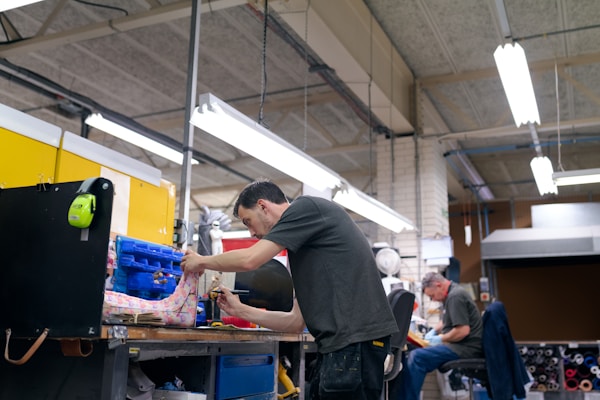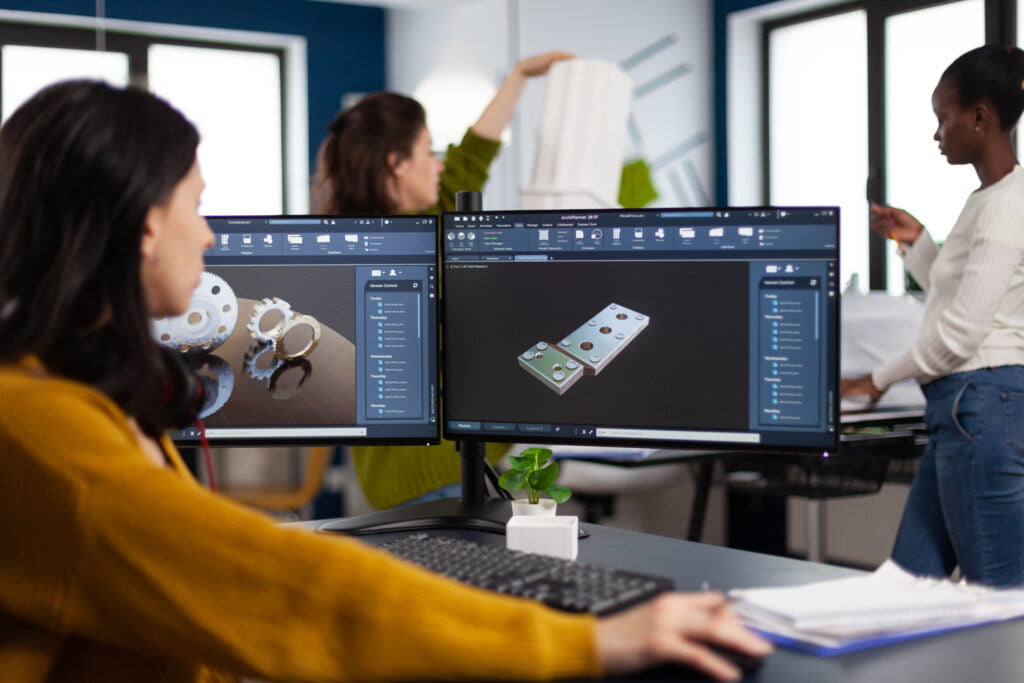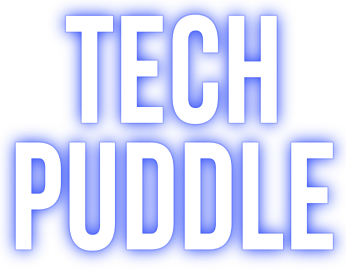The industrial computer technology sector has seen remarkable advances over the past few decades, with no signs of slowing down. From the introduction of artificial intelligence (AI) to the development of cloud-based systems, the possibilities for the future of industrial computer technology are nearly limitless. Keep reading to see how these new technologies are revolutionizing the industrial sector and how they may shape the future of the industry.
What are industrial PCs?

Industrial PCs are essential components in the modern-day industrial landscape. Industrial computers are necessary for efficient, cost-effective operations, from controlling manufacturing processes to managing energy systems. These computers are designed to withstand the rigors of a harsh industrial environment, including extreme temperatures, constant vibration, and exposure to dust and dirt.
Industrial computers are designed for long-term reliable performance, often with extended lifespans of up to 10 years or more. While industrial PCs are usually more expensive than consumer-grade models, their superior durability and reliability make up for the difference in cost. They also offer various features, from advanced networking capabilities to rugged designs resistant to shock and vibration, including built-in security features and higher-end components. These features make industrial PCs ideal for applications such as industrial automation, medical imaging, robotics, and other specialized applications.
In addition, these computers are used to control the operation of machines in industrial environments, such as industrial robots, CNC machines, and 3D printers. They are also used to monitor and control industrial processes and facilities, such as power plants and factories, including controlling the movement of materials, such as conveyor belts. Industrial computers can also collect data from various sensors and transmit it to other machines or systems for data processing and analysis, allowing for better decision-making.
Industrial PCs also offer a wide range of connectivity options, including Ethernet, USB, and serial ports. This allows these computers to be easily integrated into existing systems and networks.
Whether you’re looking for a primary industrial computer for simple applications or a robust system for specialized industrial applications, industrial PCs are designed to provide superior performance and reliability, regardless of application.
What is the future of industrial PC technology?

The use of industrial computers in business is set to increase in the coming years. With technological advances, industrial PCs are becoming more powerful and affordable. Industrial computers are an excellent choice for businesses that need to run high-performance applications or require a large amount of data storage. The use of industrial PCs in the industry is increasing due to their ability to handle high workloads, run large and complex applications, and provide a secure environment.
The future of industrial computers in business is promising. Industrial computers will become more powerful, reliable, and cost-effective as technology advances. This will allow companies to leverage their computers to increase productivity, reduce costs, and increase their competitive edge.
Industrial-grade computers are already widely used in the industrial sector for controlling machines, monitoring processes, and collecting and analyzing data. In the future, industrial computers are expected to be used for more than just industrial applications. They will be used for other applications such as managing customer databases, processing orders, and even creating virtual reality experiences.
With the increasing demand for industrial-grade computers in business, manufacturers are beginning to develop more robust and affordable solutions. Companies are beginning to recognize the value of industrial computers and are investing in them to stay ahead of their competition.
Overall, the future of industrial computer technology holds great promise for businesses, enabling them to streamline their operations and increase their productivity. With advances in automation, artificial intelligence, and data analytics, companies can reduce costs, maximize efficiency, and gain a competitive edge. As such, the future of industrial computer technology is an essential factor in the success of any organization.


